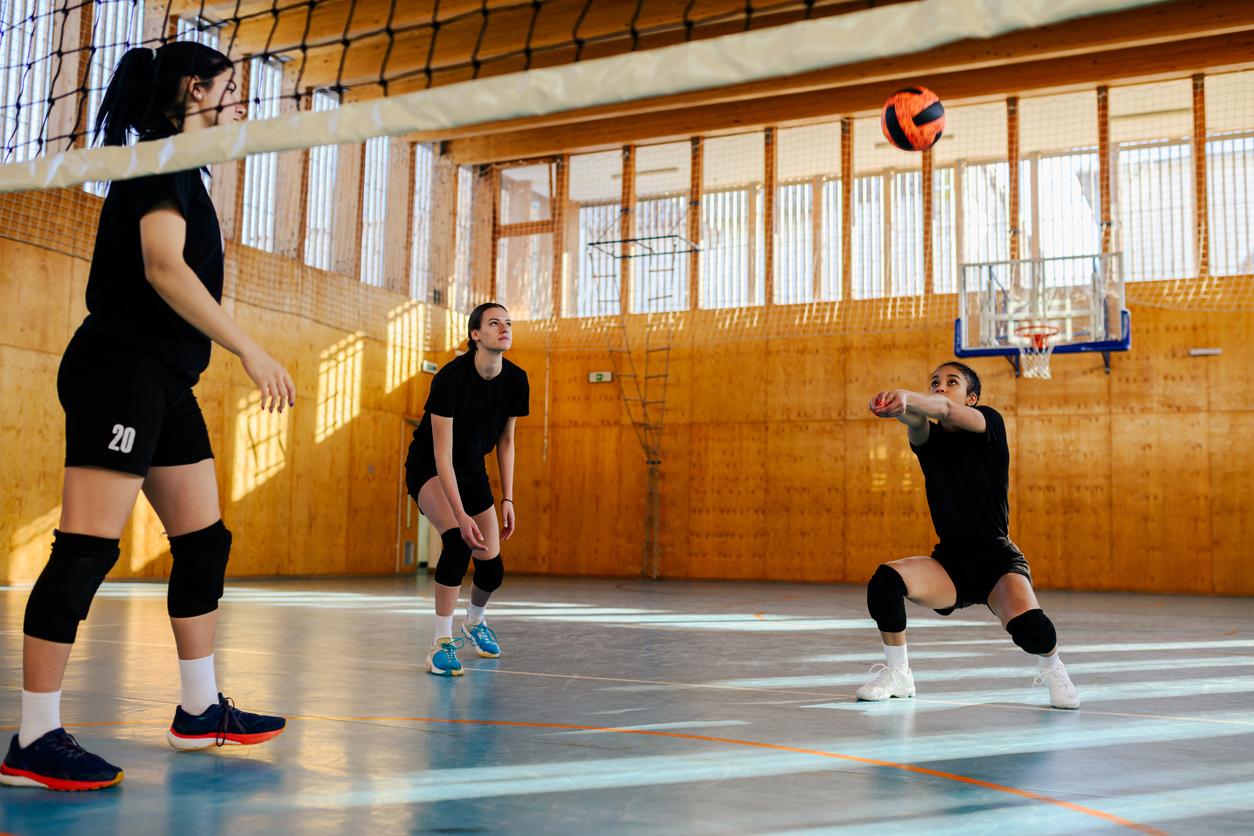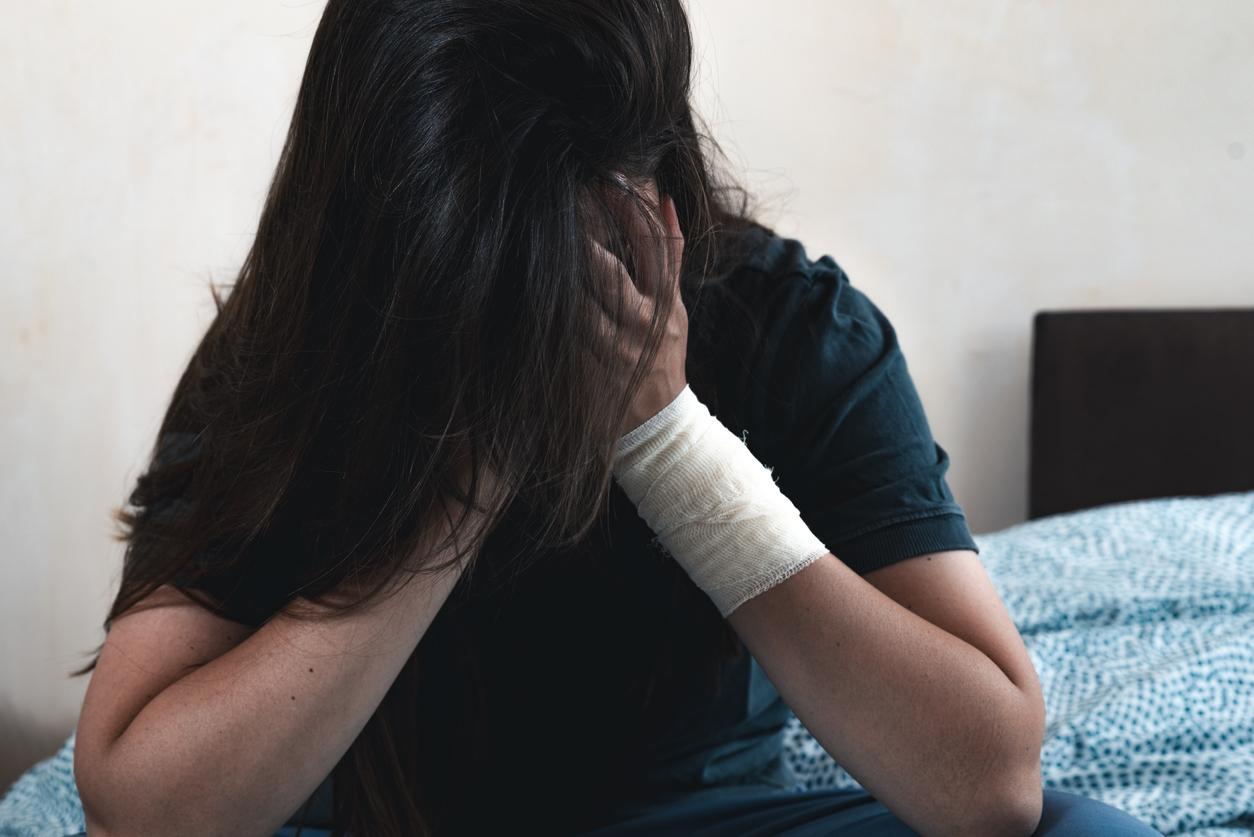In Colombia, the young 17-year-old Sharik Tovar often falls into periods of prolonged sleep. Suffering from Kleine-Levin syndrome, also known as Sleeping Beauty syndrome, she can even lose her memory. This time, after a period of sleep that lasted 48 days, the young girl even temporarily forgot about her own mother’s face, as explained in the journal Livescience.
Most commonly affecting adolescents, Kleine Levin syndrome, also known as Sleeping Beauty syndrome, results in episodes of excessive daytime sleepiness. These periods of hypersomnia usually last 8 to 15 days and can repeat once or more times a year. As the mother of this young Colombian explained, during these long periods of sleep during which her daughter is bedridden, she liquefies all her food and makes her drink regularly as she would with a baby, to make sure she doesn’t have deficiencies. The origin of this neurological condition, fortunately quite rare, remains a mystery.
But apart from these episodes of recurrent hypersomnia, the young girl leads a normal life with regular hours of sleep.
The management of this syndrome is based on a good explanation of the disease, work stoppages during relapses, sometimes treatment to avoid repeating episodes. In general, these eventually become less frequent or disappear.
Another disease: idiopathic hypersomnia
“Idiopathic means that we do not know the cause.” This form of hypersomnia is characterized by an increase in sleep time during the day and night: the person can sleep up to 11 or even 18 hours in a 24-hour day and have the impression of never being fully awake. Daytime sleepiness is important and disabling, even long naps do not improve this state of sleepiness. Drugs that stimulate arousal are usually effective.
Read also :
- Anya, the baby who just sleeps
- Narcolepsy may be linked to cannabis use
- Insomnia: how is sleep recorded?


















